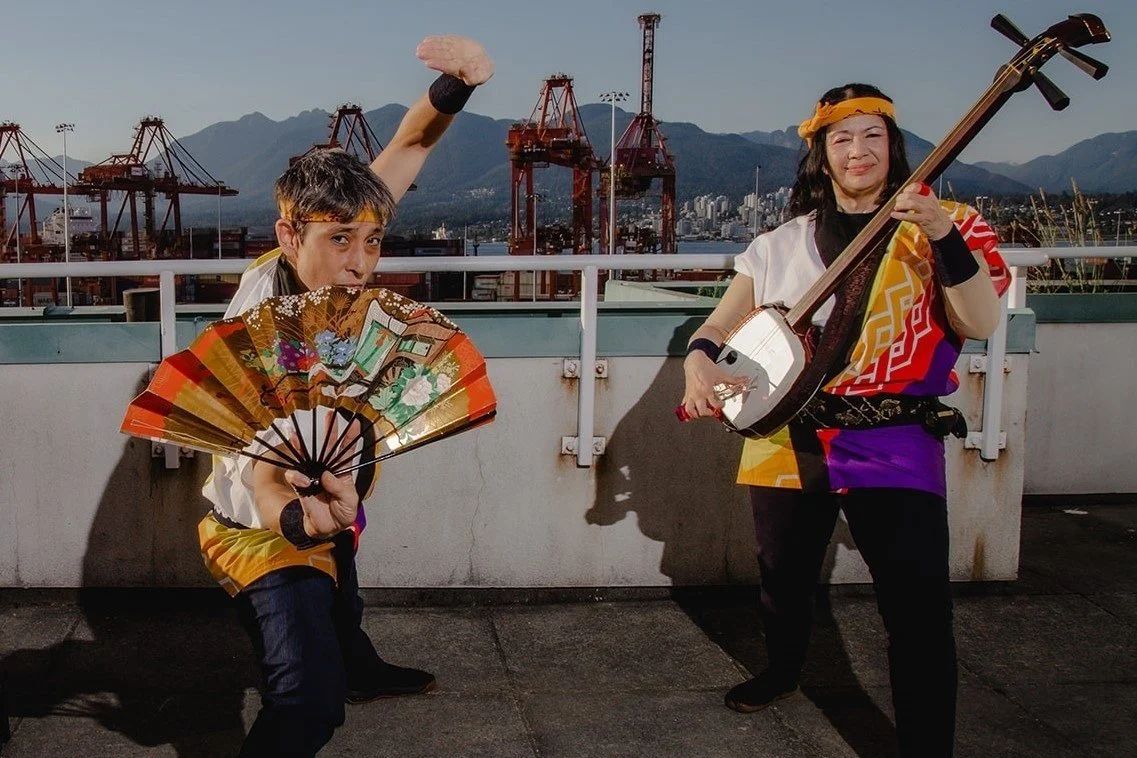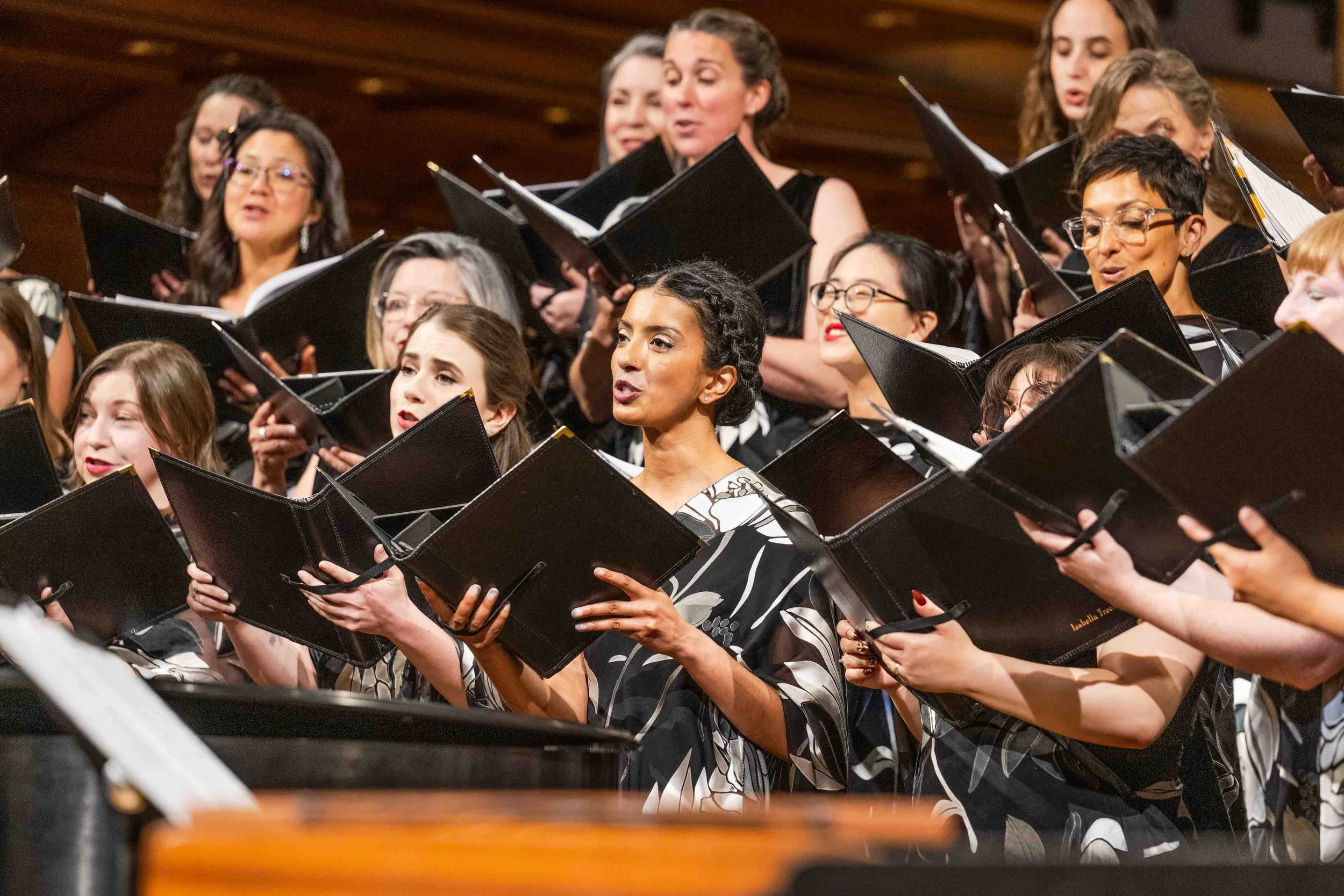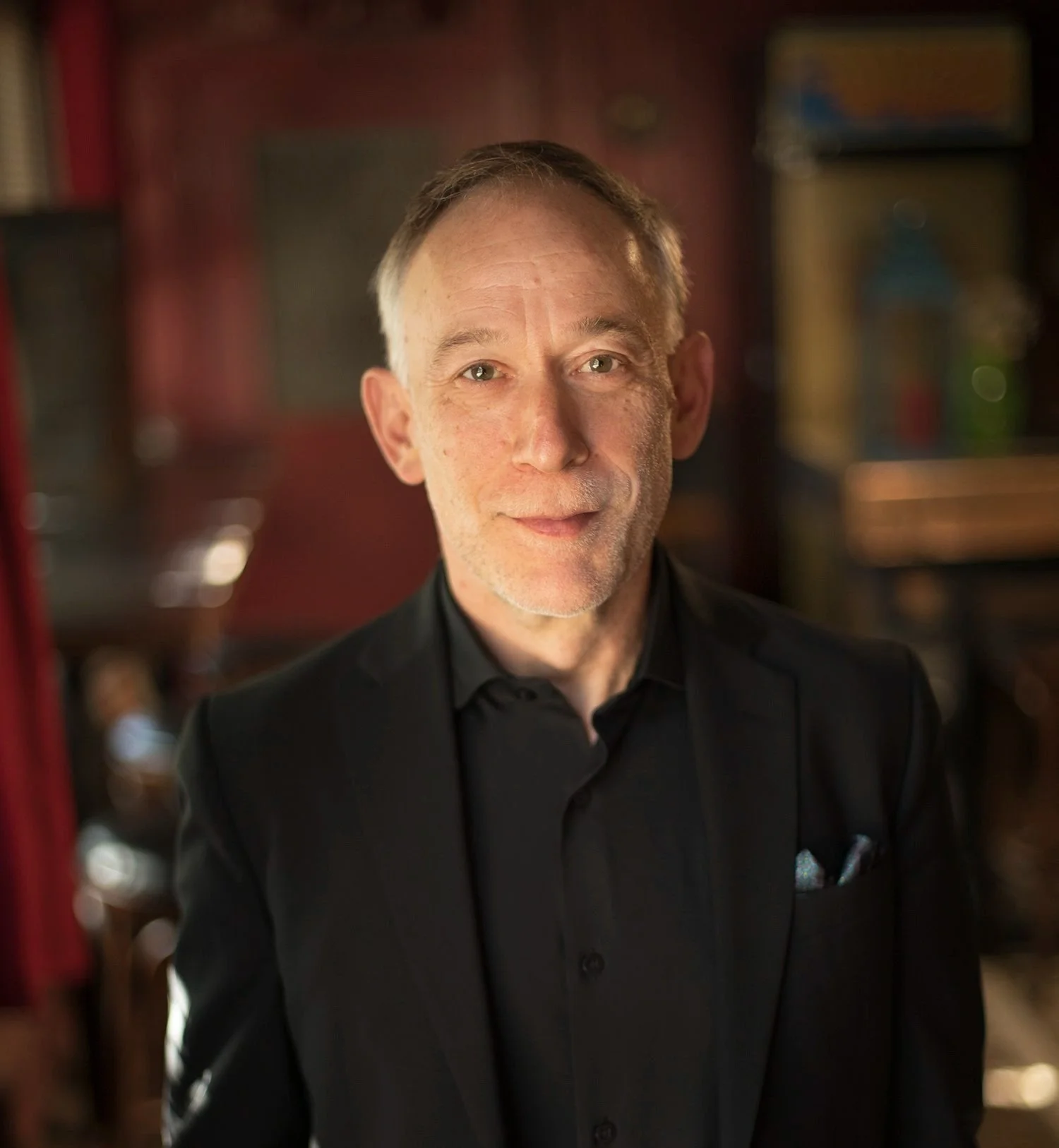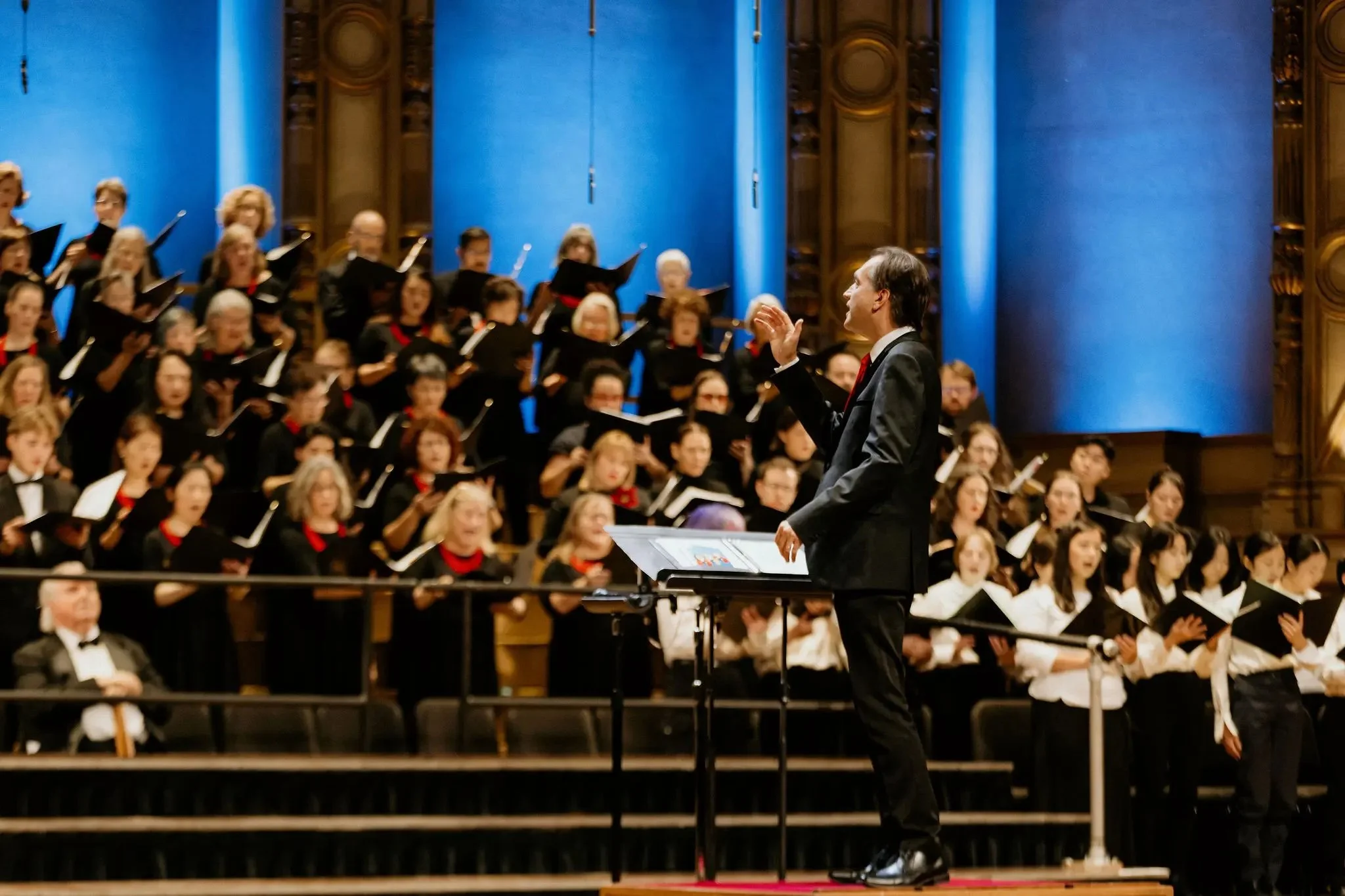VSO devotes January concerts to Mozart, with music that moves you
Vancouver Symphony Orchestra musical director Otto Tausk has always revered the musical genius
With the VSO’s January programming, musical director Otto Tausk wants to share with audiences the musical legend’s remarkable evolution over his lifetime.
The VSO presents Mo-Zart! on January 17 at 2 pm; A Tale of Two Mozarts on January 22 at 7:30 pm; and Viennese Reflections on January 29 at 7:30 pm via TheConcertHall.ca. The concerts will be available for streaming throughout the remainder of the season.
THE MOZART EFFECT theorizes that listening to music by the prolific Austrian composer may make people more intelligent. It’s a debatable concept, but what’s not controversial is the profound emotional depth, humour, and soul the genius conveyed in his staggering repertoire, totalling more than 600 pieces. For Vancouver Symphony Orchestra musical director Otto Tausk, the music of Mozart is exactly what the world needs these days.
“I’ve always had a very deep love of Mozart,” Tausk tells Stir via Zoom from the home he shares with his wife and two kids near the Rhine in the middle of the Netherlands. “Mozart is very transparent—you can hear everything that goes on, but it’s not abstract; it comes very emotionally to you. It moves you.
“He wrote incredibly fast, all in one go, and everything he wrote was perfect,” Tausk says. “But it’s not written as an exercise or as an architect; he was full of energy but also full of drama and personal story. The music really matters to people, especially now.”
To that end, January is Mozart month for the VSO, which is presenting a trio of streaming concerts that celebrate the master. On January 17 at 2 pm, Mo-Zart! features the legend’s Gran Partita for winds alongside former VSO composer-in-residence Jocelyn Morlock’s witty response, Zart. A Tale of Two Mozarts, on January 22 at 7:30 pm, brings together Mozart’s Symphony No. 1—the child prodigy’s first, written when he was just eight years old—and his last and longest, Symphony. 41. And on January 29 at 7:30 pm, Viennese Reflections highlights works by three composers who were greatly influenced by Mozart: Gustav Mahler (Adagietto from Symphony No. 5), Friedrich Gulda (Concerto for Cello and Wind Ensemble) and Alfred Schnittke, who wrote Moz-art à la Haydn.
Tausk, who is also chief conductor of the recently formed Phion Orkest van Gelderland & Overijssel in the Netherlands, has high praise for Gran Partita, which, during Mozart’s time, likely would have been played outdoors; he describes it as both challenging and fascinating. “It’s wonderfully written and is very famous for its adagio, or slow, movement, which I consider to be the best music ever written,” Tausk says. “It’s very beautiful.” Morlock’s repartee, Zart, takes its name from the German word for gentle or soft; she created a new piece using “quotes” from the Gran Partita, to lovely effect.
With A Tale of Two Mozarts, Tausk wanted to show audiences the extraordinary evolution of the composer’s work during his lifetime, from his first symphony as a young child to his last before he died at age 35 in 1791. What’s especially striking is that the first composition contains a melody for horns that also appears in the last movement of his final symphony, which is also known as the Jupiter Symphony. “That’s amazing,” Tausk says.
“The second, slow movement of his first symphony is incredibly beautiful; you get goosebumps from bar number one,” he says. “It’s so moving. It’s very sensitive and dramatic music.
“The difference between his works throughout his life was revolutionary,” Tausk adds. “He grew immensely and he changed harmonically, melodically, rhythmically in structure—in many, many ways. Somehow we sometimes lose the sensitivity to hear that nowadays.”
The January 29 Viennese Reflections program shifts the lens, illustrating the influence Mozart had on other composers. Schnittke’s Moz-art à la Haydn bursts with humour, with a string orchestra and two violin soloists (VSO concertmaster Nicholas Wright and associate concertmaster Timothy Steeves). Watch for an especially special close to the playful piece. Gulda’s Concerto for Cello and Wind Ensemble features VSO principal cello Henry Shapard. The program also illustrates the musicians’ versatility. While on one hand Mozart inspired Mahler to compose detailed, very large symphonies, both also created works for much smaller ensembles. Given the way pandemic-era physical distancing minimizes the number of musicians who can be on stage at any given time for filming, VSO will perform Mahler’s Adagietto from Symphony No. 5 for strings and harp: “It’s very romantic music,” Tausk says. “It’s film music—just gorgeous.”
Otto Tausk.
Filming these and other productions for streaming via TheConcertHall.ca, the VSO’s home for virtual concerts, has been a steep learning curve for everyone involved, with challenges and rewards. (Tausk continues to visit Vancouver approximately once a month, quarantining for the required 14 days upon arriving.) It’s hard for the musicians not to play together regularly—like members of a sports team, they need regular practice to stay in top shape and in sync with each other. Being seated apart from each other on stage is difficult. “You can’t hear each other so well,” Tausk says. “Everything has delays, so you have to play more by your eyes than by your ears, and that’s really something new. It’s a very different way of playing.”
Not having an audience is also hard to adjust to. That’s not to say Tausk doesn’t enjoy doing recordings; he does, and he’s grateful for the opportunity. However, the variation between performing in front of people and playing in front of a camera is, perhaps not surprisingly, extreme.
“I’ve been giving some concerts in Europe—small concerts, for 30 or 40 people,” he says. “In a way, the response is very personal, very intimate, very direct. You feel that what you’re doing is very much appreciated by the listener. With a smaller audience, it has an intimacy that I really appreciate. Doing streaming online with no audience is a bit eerie somehow. Even one person is very different than if no one is there.
“Big, live performances are more exciting, but to be really honest, I get more nervous for recording a stream, because you get one chance to do it well, and it’s out there forever,” Tausk adds. “When you’re giving a concert, it’s very different. People go on the journey with you, and they see what’s going on, and if something doesn’t really work or goes in another way than what you hope for, there’s always the next moment to get back again, to move through it.”
The beauty of digital recordings, of course, is that they allows arts organizations such as the VSO to reach people who might not have ever made it to a concert, for whatever reason. Plus, streaming allows Tausk to talk about the works the VSO is playing for longer than the two minutes or so he gets during typical live events, and it also gives programmers the chance to have musicians appear for talk-back and Q&A sessions.
Tausk will soon be returning to Vancouver for more recordings; the VSO’s season will continue well into late spring as usual. He is a preferred guest artist with numerous orchestras around the world, including Stuttgarter Philharmoniker, Orquesta Sinfónica de Galicia, Orchestra Sinfonica di Milano Giuseppe Verdi, Los Angeles Philharmonic, and BBC Scottish Symphony Orchestra to name a few. Pre-pandemic, his calendar was booked a solid three years in advance. These days, as with everyone else, he’s not sure what next month or even next week might hold. The COVID-19 situation in the Netherlands is currently grave, with lockdowns and curfews in place.
Despite the trying times facing the arts and the world in general, Tausk comes across as the kind of person who always finds a bright side and holds onto it.
“Life changes completely,” Tausk says. “I was supposed to be doing a big opera in March then it was cancelled. Then five minutes later I got a call saying it’s not cancelled, but that a beautiful documentary was going to be made about it. You adjust very quickly, and you’re very happy with smaller things. That’s an important lesson for all of us.
“Music really makes a difference,” he says. “A lot of people feel a little bit lost, and maybe slightly cut off from the world, and music is very helpful. Music makes you feel well. We really need it. And it’s there.”














